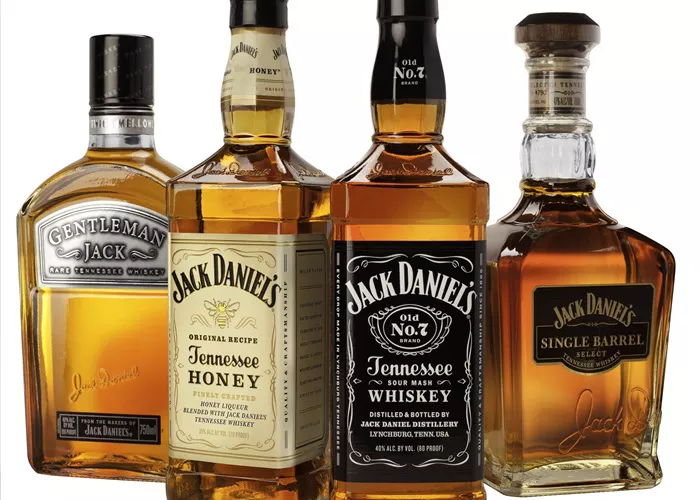What Is Wine?
The Production of Wine
Types of Wine
Health Benefits of Wine
Risks of Wine Consumption
What Are Spirits?
The Production of Spirits
Types of Spirits
Health Benefits of Spirits
Risks of Spirits Consumption
Comparing Wine and Spirits
1. Alcohol Content
Spirits generally have a higher alcohol content than wine. For example, vodka can have an alcohol content of around 40%, while wine typically ranges from 12% to 15%. This higher alcohol content means that spirits can have a more potent effect on the body.
2. Flavor Profiles
3. Social and Cultural Aspects
4. Health Considerations
See Also: Is Grappa a Liqueur?
Factors to Consider When Choosing Between Wine and Spirits
1. Personal Taste
2. Occasion
3. Health Considerations
Conclusion:
In conclusion, the debate over whether wine is better than spirits is a complex one. Both wine and spirits have their own unique characteristics and qualities, and it ultimately comes down to personal preference. Wine is often considered to be healthier than spirits, and it has a wide range of flavors that can be paired with a variety of foods. Spirits, on the other hand, are often less expensive than wine, and they have a wider range of flavors that can be used in a variety of cocktails. When choosing between wine and spirits, it is important to consider your personal taste preferences, as well as the occasion and the food you will be pairing it with. Ultimately, both wine and spirits can be enjoyed in moderation and can add to the overall enjoyment of life.
You might be interested


